The Internet Of Us All [5 minute read]
Knowledge is all around us. But sometimes you just can't find a moment to sit down and absorb it. Wouldn't it be great to get the nitty gritty in a 5 to 10 minute read? I've got your back.
Let's get right to it, with the next installment of the Steemit Book Summary Series
"The Internet of us All"
In this summary, you will learn about the internet and its influence on your mind and cognitive skills.
You'll get to know how the Internet produces and disseminates knowledge.
You'll be shown how “Google-knowing” limits true understanding, in favor for 'ease of use'
And how to weigh “neuromedia,” which could enhance your life but only in exchange for your privacy.
“Google-Knowing”
Try this challenge: Without using the web, find the answer to a random question, such as “Is a four-stroke outboard engine more efficient than a two-stroke?” Your inability to find an answer might not surprise you, since Google-knowing probably dominates your quest for knowledge. When you get data from the Internet, you need to trust its sources: other people and their statements. Accessing the web is tapping into a big “knowledge-through-testimony machine.”
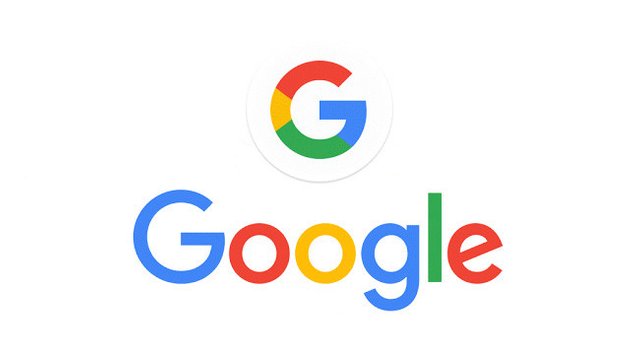
“Just as no one person can build everything, no one person can know everything.”
You can put on your “receptive” hat and take in all the information – that’s fast thinking, the method used in behavioral psychologist Daniel Kahneman’s “system 1.” Or, you can pause for a moment and reflect on the information coming at you. Following philosopher John Locke’s idea that you should trust only knowledge that comes from your personal observations or experience might be inefficient. But Locke and your mom likely agree that being skeptical is good. Break up “information cascades” by questioning their sources. That’s reflective, slow, “system 2” thinking.
“We should not fear information technology per se, or the ‘Internet’ in the expanding Internet of Us. It is the ‘us’ part – or our uses of technology – that we must mind.”
“Less Reasonable?”
The Internet does not accelerate individual isolation, but it increases “group polarization.” If you read a liberal newspaper daily, you become more liberal. The same applies if you follow conservative news streams. Religious, political and economic views segregate society. The web does not help people become more reasonable; instead, it gives them more reasons to disagree.
Philosopher David Hume felt that people often miss the “common point of view.” The Internet did not create this problem, but digital technologies can amplify the trend. People seldom agree on what to consider as evidence. Society suffers from the “rationalist delusion,” the belief that reason trumps intuition. The Internet makes it easy to find facts that fit your worldview. When you search for your belief on Google, supporting evidence immediately appears. That’s why you need to think critically; otherwise society will fragment even further.
“Knowing by Google is now so familiar that it has an unnoticed seamlessness that we earlier only attached to perception.”
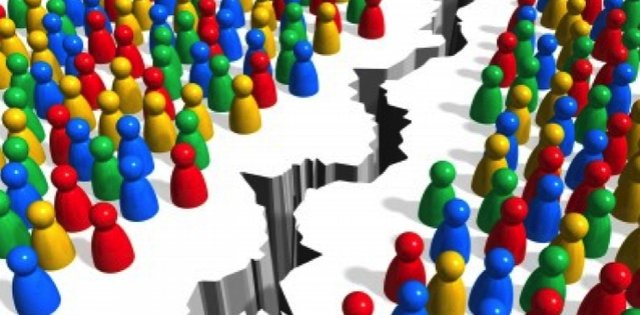
“Truth, Lies and Social Media”
What is truth? This matters in both the real world and the online world, where governments use the media to delete certain truths and promote others. For example, in 2012, bloggers accused the Chinese government of deleting the Chinese character for “the truth” on Weibo, the local equivalent of Twitter. Possibly censors did not want citizens to access the truth or discuss it online. On the other hand, Arab Spring protestors used social media to organize more effectively and to share updates with the outside world. Since then, “Twitter activism” has grown, enabling more people to spread their messages.
“The potential dangers of abusing big data are one reason the storage of incidentally collected information is wrong.”
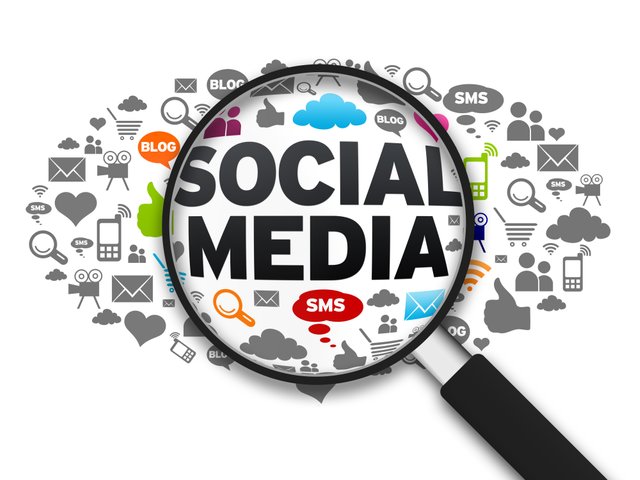
Locke, inspired by Galileo, postulated that the truth derives from two distinct types of “qualities”:
“Primary qualities”
– These traits, like an object’s size, shape or mass, exist independent of your perceptions.“Secondary qualities"
– These characteristics are not inherent or “in the object.” They are subjective, and depend on your perception.
“Civil societies not only need a common currency to exchange money; they also need a common currency to exchange reasons.”
In Locke’s thinking, your perceptions mediate what you regard as true. Online, the boundaries of reality and subjectivity blur. When an object isn’t physical, identifying its primary and secondary traits is difficult. Consider, for example, two kinds of online fakes: “sock puppets,” people who pretend to be other people in order to fake online reviews, and “socialbots,” robots programmed to pretend to be human to fake interaction.
“Knowledge has become transparent. We look out the window of the Internet even as the Internet looks back in.”

“Privacy and Autonomy”
Your digital life may feel like a fishbowl, but remember you entered it voluntarily. “Cookies” track your clicks, and targeted ads offer products based on your past purchases. Your smartphone sends out continuous streams of location data that make it easy for marketers to examine your shopping behavior. Do you care about all this information being accessible to them? Or are you willing to trade away your privacy for enhanced convenience and autonomy? Would your opinion change if you could control who has permission to access your data?
Imagine that someone could enter your mind and read your thoughts and emotions. You wouldn’t actively share how you think and feel, but the observer could access everything in your head anyway. This would leave you vulnerable, even if the person didn’t do anything with the collected data. If you know that someone is reading you, you might try to disguise your thoughts by humming a melody or creating some other distraction. But if you don’t know that someone is collecting your thoughts and emotions, then that’s an egregious invasion of your privacy. Transfer this metaphor to the online world, where you can guarantee the privacy of your data, but only if you maintain control over what you share. That’s why you should worry about the “incidental collection” of data by government organizations like the National Security Agency.
“Our beliefs are nodes in a network, supported by the overall coherence of the fabric of beliefs to which they belong.”
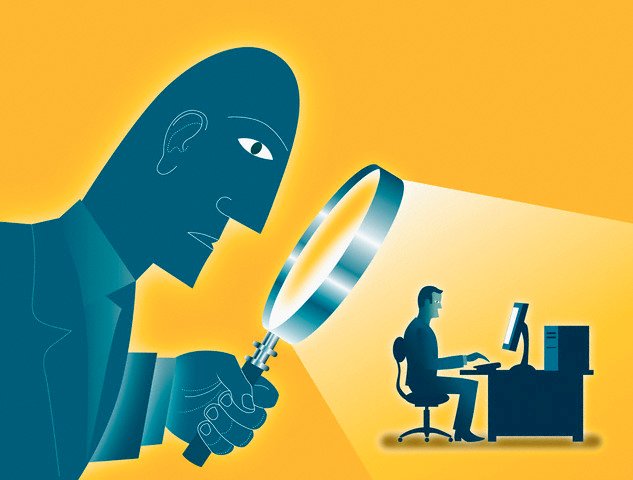
“Crowds and Networks”
You have multiple networks in your life, including the economy, your social relationships and your brain. The Internet is a network, too. Internet theorist David Weinberger argues that shared societal knowledge lives in the network itself, rather than in books or in people’s brains. Can networks themselves learn, know and take control? Do “networked groups” of people have more knowledge than their individual members? The answer is yes, says journalist James Surowiecki in his book The Wisdom of Crowds. He postulates that the aggregation of answers from the masses provides more insight than the knowledge of any person. But, the crowd’s knowledge depends on its members’ intellectual capacities, so the individual knower still matters.
“The Internet of Things is becoming the Internet of Us, and figuratively, if not yet literally, we are becoming digital humans.”
Knowledge in networks changes all the time. Take, for example, a wiki, a shared document you and your team work on collaboratively. Everybody edits, deletes and adds with the consequence that none of the wiki’s information is “immune to change.” The nature of networked knowledge is neither good nor bad, but its malleability means that you might have to give up the idea of “foundationalism.” This concept, which comes from philosopher René Descartes, says that knowledge follows the structure of a pyramid. Its base supports higher levels. But the foundation of networked, online knowledge comes instead from the strength of its connections.
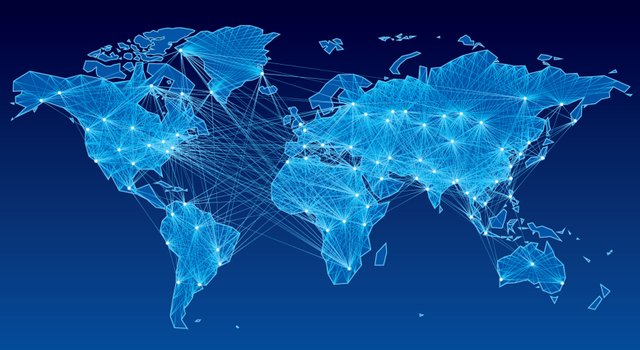
“Understanding”
When Google pretends to “know you” by finishing a search sentence in your browser it can seem a bit spooky. Based on the data Google gathers with every search, Google Complete offers you likely search terms when you start typing in a phrase. But that doesn’t mean it knows why you’re searching, since its insights come from correlations, not understanding.
“The possible negative consequences of losses of privacy in the digital age suggest that we must prepare for the worst even as we hope for the best.”
Understanding goes beyond finding a fact; understanding requires you to comprehend why or how a fact exists. You need to see or grasp the whole structure to acquire understanding. The acid test is whether you can explain something; if you can, you probably understand it. These “know-how” insights are “procedural knowledge.” For example, learning to ride a bicycle is procedural knowledge that is hard to get by reading a biking manual, but easier to learn by trying it out. Google gives you the world of theoretical knowledge, but not the procedural knowledge and skills you can obtain only by engaging with the world “outside your head.” That’s why you want your kids to play outside rather than have them sitting in front of the computer all the time.
The paradox of a “digital form of life” is that the Internet both enlarges and obstructs your knowledge. Compare the web to the car: This fantastic invention increased your autonomy immensely, but also led to environmental issues and other challenges. Google-knowing seems quick and simple, but it hinders you from developing and appreciating other ways of generating knowledge. This might be problematic, since it undervalues gaining true understanding through experience and creativity. For sure, the Internet makes collaboration with others much easier, but you should doubt whether neuromedia, the small microchip directly wired to your brain, would actually maximize your understanding of the world. You can’t outsource understanding.
The Internet of Things has already morphed into the Internet of Everything, which means that it has become “the Internet of Us.” That said, don’t fear information technology, but do be wary of how you use it. As you transform into a “powerful knower,” strive to be responsible when processing data and to seek real understanding.
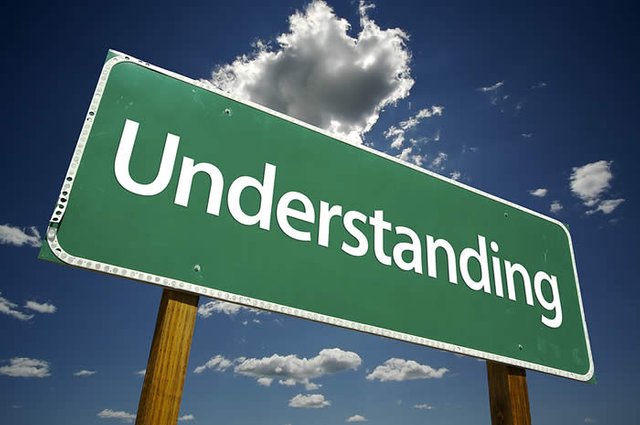
THIS IS A SUMMARY. I DO NOT HOLD ANY RIGHTS ON THE SUMMARISED WORK. IF YOU WOULD LIKE TO SUPPORT THE WRITER OF THIS BOOK, PLEASE LOOK INTO THE FULL WORK "The Internet of Us; Knowing More and Understanding Less in the Age of Big Data" by Michael P. Lynchby
thanks great post! gave you a vote and started following yOU!
Thank you for sharing. Think I will go stand under something so that I may understand something! I don't need google for that.
Google could tell you where to stand for optimum results ;)
Keep up the great work @spookypooky
Upvoted
Nice @spookypooky
Shot you an Upvote :)